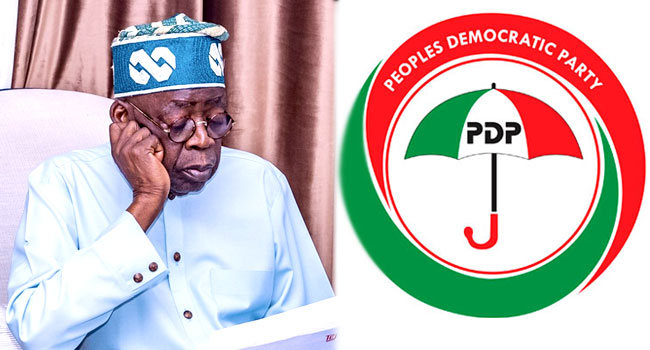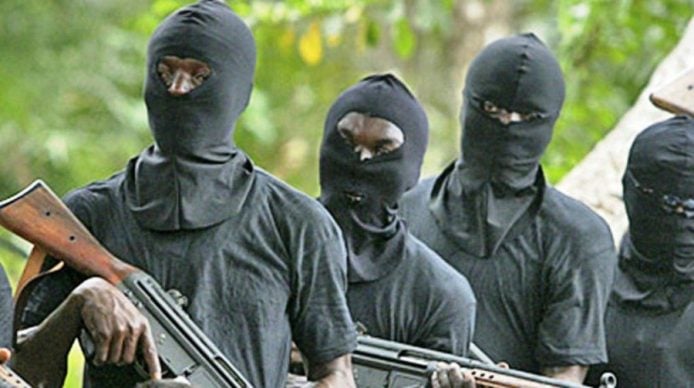Air Peace Crew Tested Positive For Alcohol, Drug~ Report
The Nigerian Safety Investigation Bureau (NSIB) has indicted an Air Peace pilot and co-pilot for operating under the influence of hard drugs and alcohol.
According to accident investigators, toxicology tests conducted on the flight crew returned positive results after the aircraft they operated was involved in a runway excursion at Port Harcourt International Airport on July 13, 2025.
The findings were disclosed in a preliminary report signed by the NSIB’s Director of Public Affairs and Family Assistance, Mrs. Bimbo Olawumi Oladeji.
It would be recalled that on the morning of Sunday, June 13, an Air Peace Boeing 737 aircraft carrying 103 passengers veered off the runway after landing at Port Harcourt International Airport. Fortunately, no damage was recorded.
A runway incursion refers to the wrongful or unauthorised presence of an aircraft on a runway. Such incidents are often attributed to miscommunication, human error, equipment failure, or runway defects. However, the NSIB report has now added pilot intoxication to the list of possible causes.
The NSIB said, “The aircraft, operating as a scheduled domestic flight from Lagos to Port Harcourt with 103 persons on board, landed long on Runway 21 after an unstabilised final approach. The aircraft touched down 2,264 metres from the runway threshold and came to a final stop 209 metres into the clearway.
“All passengers and crew disembarked safely, and no injuries were reported.”
According to the report, the domestic flight, which took off from Lagos, experienced an unstabilised final approach before landing long on Runway 21.
The NSIB revealed that the aircraft touched down 2,264 metres from the runway threshold, well beyond the recommended touchdown zone, and eventually came to a stop at 209 metres into the clearway.
While all on board disembarked safely, the incident raised immediate safety concerns.
The preliminary reports say toxicological test results conducted on the flight crew turned out positive. The Tests indicated the presence of alcohol in the system of the crew, while another crew member also tested positive for tetrahydrocannabinol (THC), the active compound found in cannabis, colloquially referred to as “India hemp.”
The bureau noted that these toxicology results are being assessed within the scope of human performance and safety management, both critical factors in aviation incident investigations.
Following the development, the NSIB said it had issued immediate safety recommendations to the airline.
The statement further reads, “Initial toxicological tests conducted on the flight crew revealed positive results for certain substances, including indicators of alcohol consumption. A cabin crew member also tested positive for THC, the psychoactive component in cannabis. These results are being reviewed under the human performance and safety management components of the investigation.
“The NSIB has issued immediate safety recommendations for Air Peace Limited to strengthen crew resource management training, particularly in handling unstabilised approaches and go-around decisions, and to reinforce internal procedures for crew fitness-for-duty monitoring before flight dispatch.
“Toxicological test was conducted on the flight crew at Rivers state hospital management, department of medical laboratory, Port Harcourt, on 13th July 2025, and they tested positive for some substances. Toxicological screening conducted post-incident revealed that Captain and first officer tested positive for Ethyl Glucuronide, indicating recent alcohol consumption.”
9/12/2025, 7:50:36 AM
views 14342
4955







